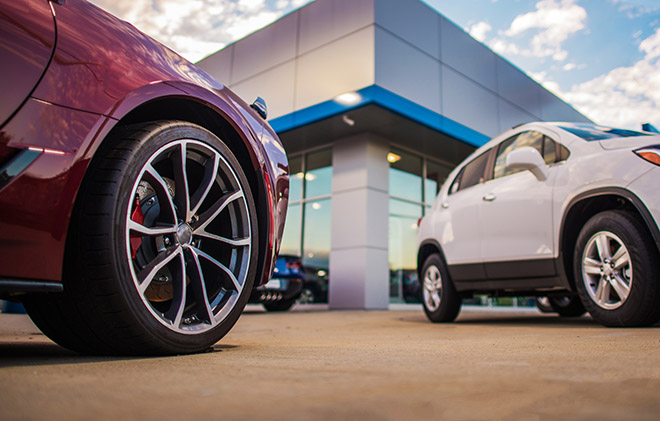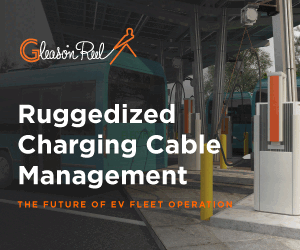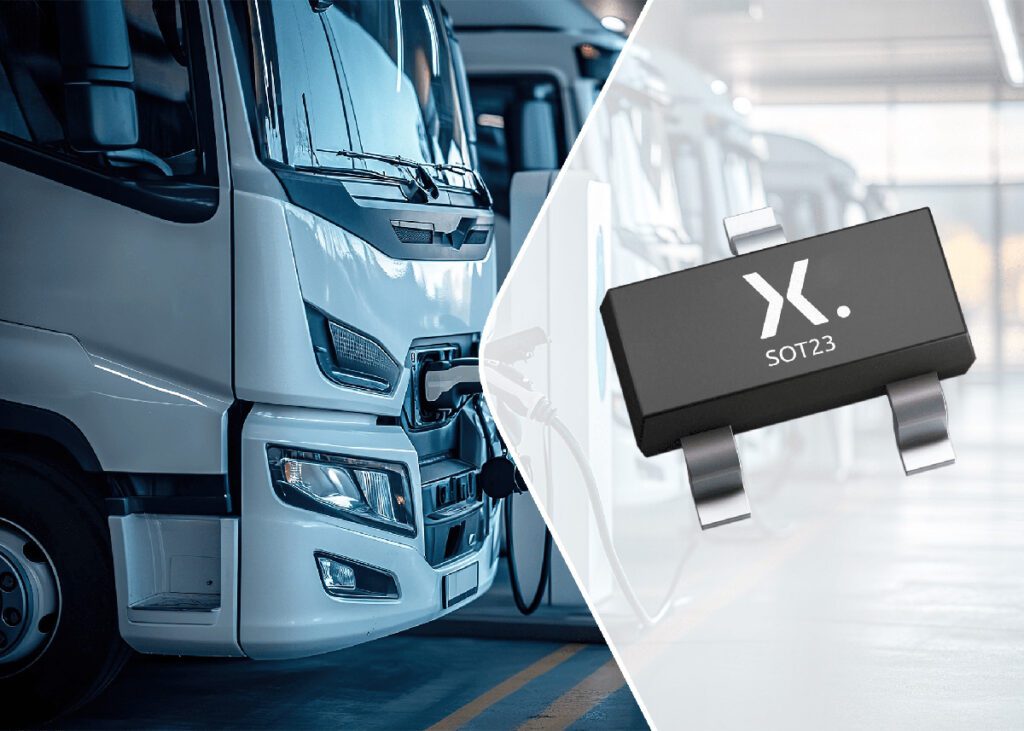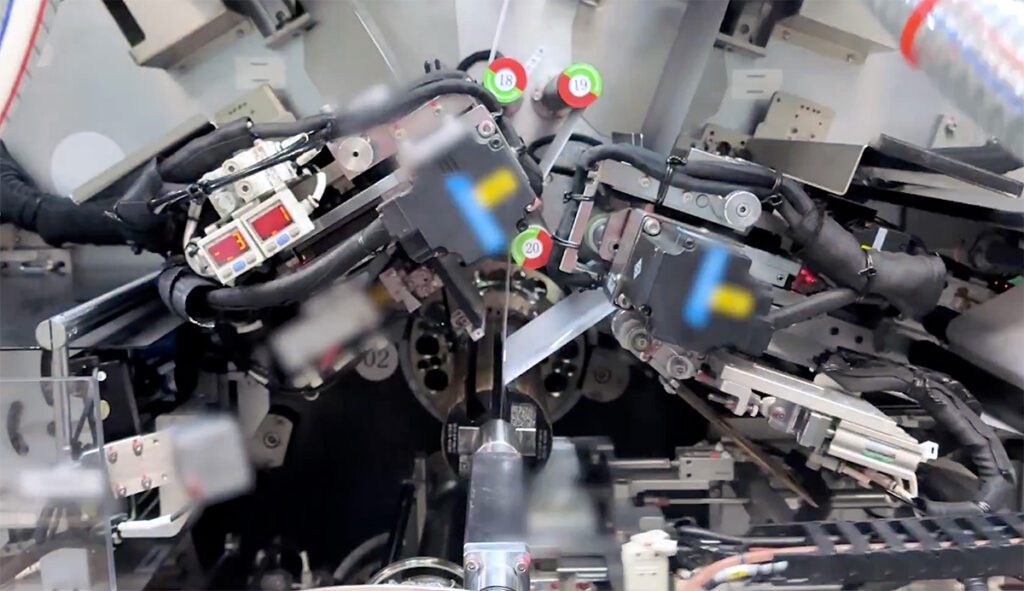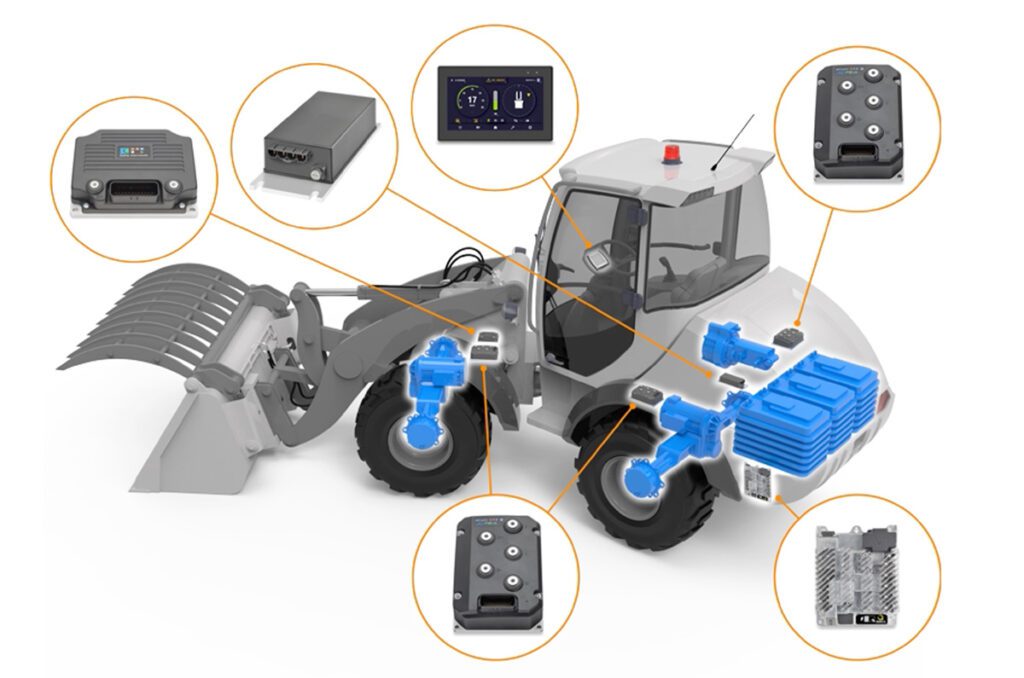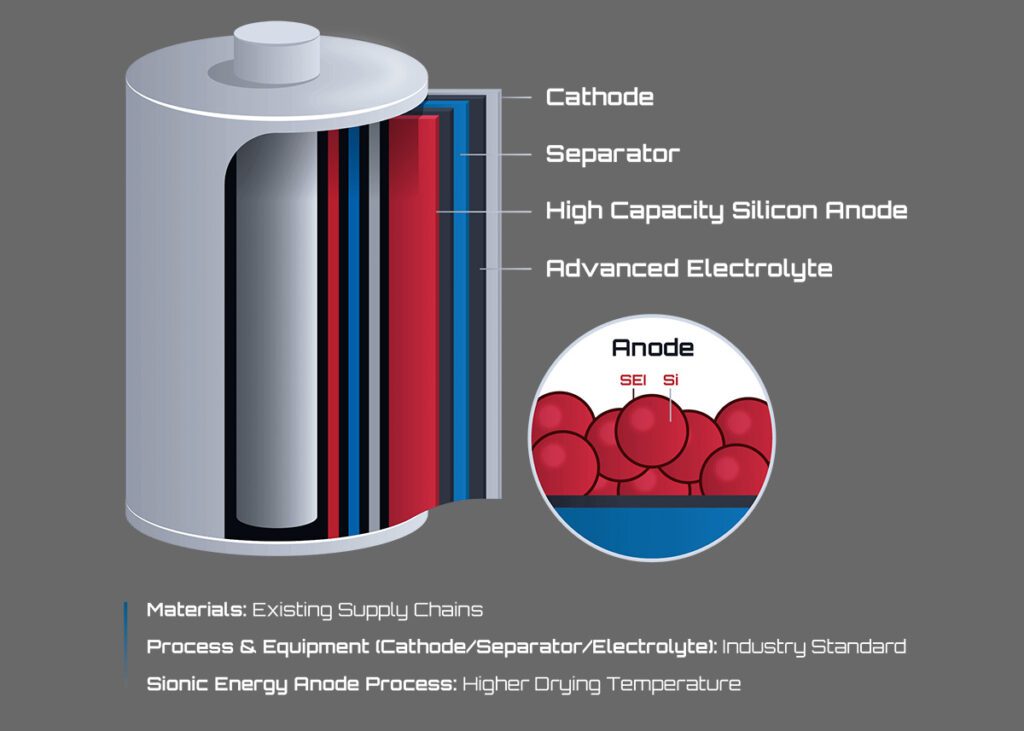As the world’s automakers prepare for an electric future, what do the world’s auto dealers have to say about what’s going on? As regular readers of Charged know, dealers have long been considered a major roadblock for EV adoption. (Advocacy group Plug in America, believing that the problem is one of education rather than will, established the PlugStar Program to educate consumers and dealers about EVs.)
The wind may just be shifting. CNBC recently spoke with a number of US auto dealers about the changes coming to the industry, and reports that “salespeople are getting ready to put you in an EV today.”
“EVs are the big issue right now,” said Mark Paladino, General Manager of Colonial Ford in Danbury, Connecticut. He says he’s excited about the debut of Ford’s F-150 Lightning electric pickup. If the early reaction proves to be a fair indication of the model’s future, he should be—Ford says it racked up 70,000 reservations for the Lightning within the first week of its launch event. Ford’s Mustang Mach-E has already seen strong sales, and Ford says 70% of buyers were new to the brand.
Colonial is one of 2,300 Ford dealers, among a total of roughly 3,000 in the US, that have volunteered to become EV-certified, a process that requires investing around $50,000 to train sales and service personnel, purchase special equipment, parts and tools, and upgrade charging stations. The remaining US dealers have thus far opted out of applying for the certification.
“We were all in right away,” Paladino said. “We see EVs as a part of our business that will only get larger, and we want to be in that world.”
Will electrification lead to a thinning of the ranks of auto dealerships? When GM announced plans to make Cadillac an electric-only brand, it offered to buy out dealers that chose not to make the required investment (estimated at around $200,000) to go electric. Obviously, dealers, for whatever brands, that choose to invest the cash to get charged will have an incentive to make EV sales a success.
Mike Stanton, President of the National Automobile Dealers Association (NADA), dismissed reports of lackluster dealer interest in EVs, according to CNBC. “We can’t wait for EV products to get here,” he said. “Dealers are in the business of selling cars and making customers happy, so why wouldn’t they want to sell EVs?”
What about the worry that EVs, which are expected to require fewer repairs and less scheduled maintenance than ICEs, will take a bite out of dealership revenues? Service accounts for around 50% of dealers’ gross profits, according to a 2019 report from AlixPartners.
“Service is critical to what our dealers do today and will be in the future,” said Travis Hester, GM’s Chief Electric Vehicle Officer. “EV service will definitely evolve and won’t be exactly the same.” Noting that some EV parts may last 10 to 15 years, he added, “No one is panicking about it, but we know it’s going to change over time, so we’re working with our dealers on that.”
Rita Case, CEO of Rick Case Automotive Group, which operates several multi-brand dealerships in Florida and Georgia, doesn’t sound panicked. “EVs need tires, brakes, batteries, lights and some steering and drivetrain maintenance,” she told CNBC. “Within the last six months we’ve ramped up EV training for our salespeople and technicians and purchased new charging equipment.”
Case told CNBC she’s “super positive” about the future. “I’m in the business of selling cars, and one thing I know for sure is people are going to want cars.”
Source: CNBC







